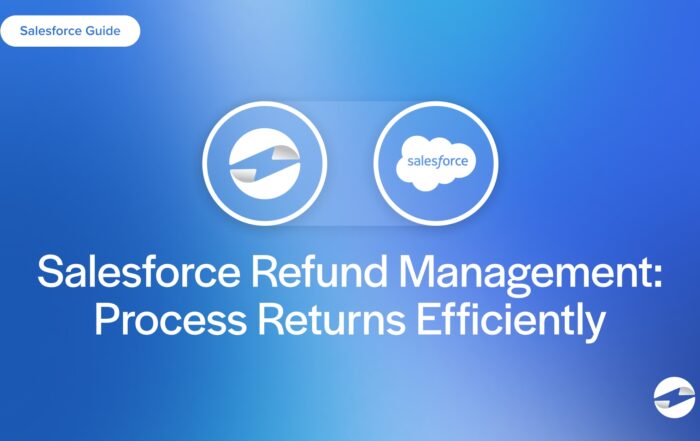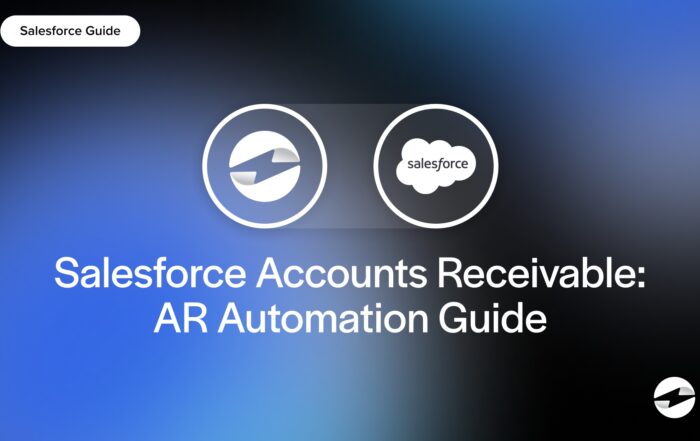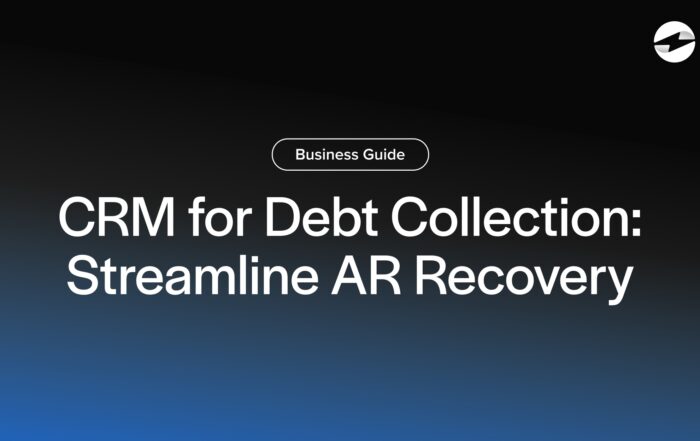What is a payment aggregator?
A payment aggregator is a service provider that allows multiple businesses to accept payments without needing their own dedicated merchant account. Instead, the aggregator processes payments under its own master account and distributes funds to individual merchants. This makes it easier for small businesses and startups to start accepting credit card payments without the complexities of setting up a traditional merchant account.
Key Points
- Payment aggregators let businesses accept credit card payments without needing their own merchant account. They have an easy setup and are perfect for small businesses and startups.
- While convenient, aggregators come with trade-offs like higher fees and potential account holds. Traditional merchant accounts are a better long-term fit for businesses that want more control and stability.
What does a payment aggregator do?
A payment aggregator simplifies the payment process by handling key functions such as:
- Onboarding merchants quickly: Businesses can start accepting payments without lengthy approval processes.
- Processing transactions: The aggregator collects customer payments and deposits the funds into the merchant’s sub-account.
- Managing risk & fraud prevention: Since multiple businesses operate under one account, the aggregator monitors transactions for suspicious activity.
- Providing payment solutions: Many aggregators offer tools like mobile payment processing, invoicing, and online checkout options.
Payment aggregators remove much of the complexity from accepting credit card payments by handling everything from onboarding to fraud prevention.
Payment gateway vs. payment aggregator
A payment gateway is a technology that securely transmits credit card data between a business and a payment processor.
A payment aggregator acts as both a gateway and a processor, handling funds on behalf of multiple businesses.
While gateways require merchants to have their own accounts, aggregators provide a shared system, making payments more accessible but sometimes leading to higher fees or account holds. Payment aggregators come with potential account holds because since all merchants share a master account, the aggregator may freeze or hold funds while they investigate suspicious activity. While this helps them manage risk, it can be tough for businesses relying on a steady cash flow.
Payment aggregator companies
Some well-known payment aggregators include:
- PayPal – Popular for eCommerce and peer-to-peer transactions.
- Square – Offers in-person and online payment solutions for small businesses.
- Stripe – Known for developer-friendly APIs and online payment processing.
- Shopify Payments – For Shopify store owners.
Payment aggregators are convenient for businesses to start accepting payments fast but come with higher fees and potential account holds. For businesses that need more control, stability, and lower long-term costs, a merchant account with a payment gateway—like EBizCharge—may be the better choice. Knowing the difference will help businesses choose the right solution for their payment processing needs.
You May Also Like
Read More
Read More
Read More



